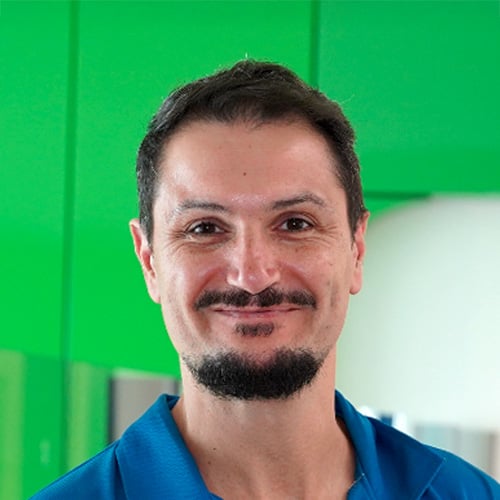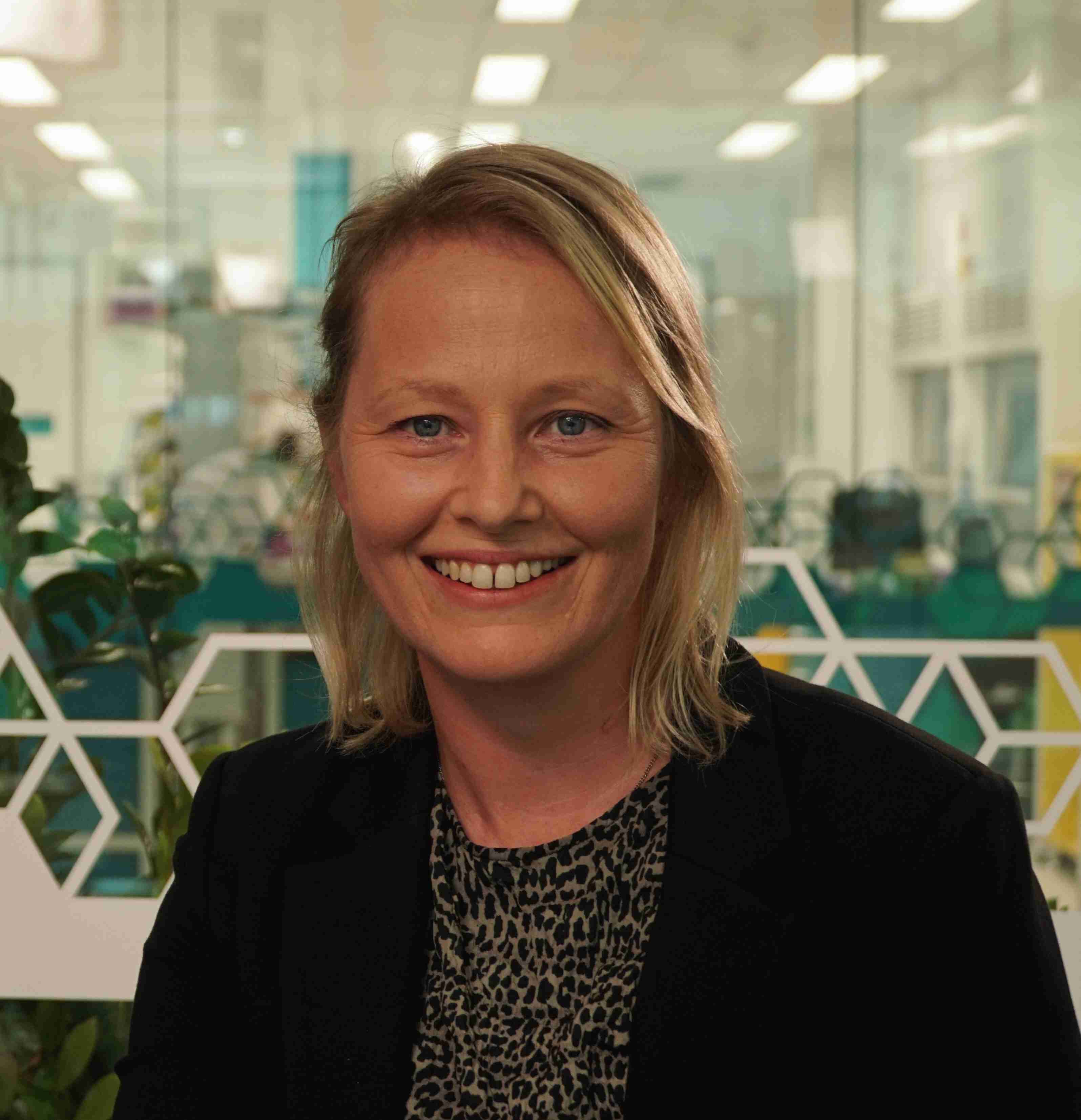Researchers
Our research is structured into research themes, programs of work and teams. We are committed to collaboration and to work together.

Research theme leaders

BA (Education) PhD Candidate
Director of First Nations Strategy and Leadership; Head, First Nations Health and Equity Research

BSc PhD
Head, Chronic Diseases Research

OAM BSc (Hons) GradDipClinEpi PhD

BSc (Hons) PhD
Head, Brain and Behaviour Research

BSc (Hons) MSc PhD
Feilman Fellow; Head, Precision Health Research and Head, Translational Intelligence

BMedSci (hons), PhD
Shaping excellence
Rewarding excellence
Learn more about how The Kids rewards research excellence
Learn more about how The Kids rewards research excellenceResearch governance
We pride ourselves on conducting research to the highest standards possible
Find out more about research governanceCurrent career opportunities
Want to join our team and help make a difference to child health?
Learn more about Current career opportunitiesHelp shape our research
Find out how you can involve consumers and the community in your research
Help shape our researchReports & findings
A differentiated nasal epithelial cell model derived from children with acute wheeze and asthma
The airway epithelium is the primary structural and functional airway barrier and orchestrates innate immunity. Some children may have underlying epithelial vulnerabilities that contribute to the pathogenesis of acute wheeze and asthma.
Country-level and global burden of diseases caused by group A Streptococcus: protocol for a multicountry epidemiological study
Group A Streptococcus (Strep A) causes a wide spectrum of diseases, ranging from pharyngitis and impetigo to severe invasive infections and immune-mediated conditions such as acute rheumatic fever, rheumatic heart disease and acute post-streptococcal glomerulonephritis. Contemporary data on the global burden of Strep A diseases are lacking.
Community views on the assessment and diagnosis of autism: Principles to guide clinical practice
This study aimed to identify guiding principles to underpin assessment and diagnosis of autism to improve the quality, consistency and accuracy of services provided to individuals and their families. An online survey and focus groups were used to capture community perspectives of members of the Australian autistic and autism communities.
Application of the paediatric medical traumatic stress model to the mental health experience of young people living with type 1 diabetes: a qualitative study
Despite the various traumatic events that a young person living with type 1 diabetes (T1D) may experience, little is known about the burden and manifestation of traumatic stress in this population. Though mental health outcomes have been explored generally, medical trauma-sensitive approaches to understanding these experiences remain limited. We utilised a qualitative descriptive approach to explore the impact of T1D on young people’s mental health through the paediatric medical traumatic stress model.
